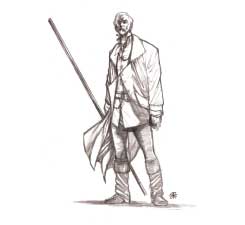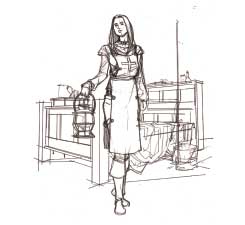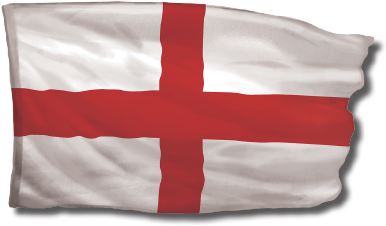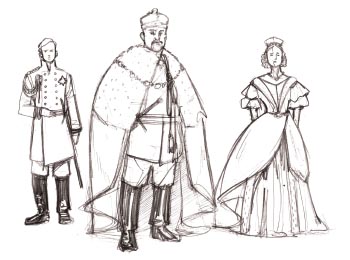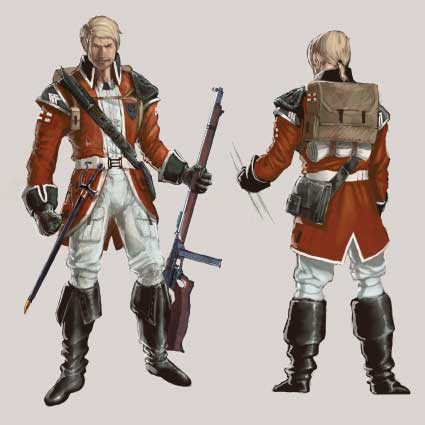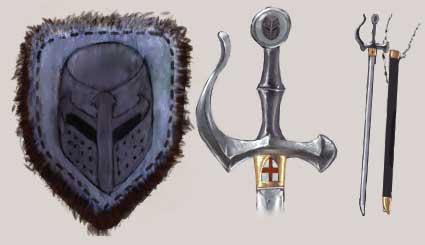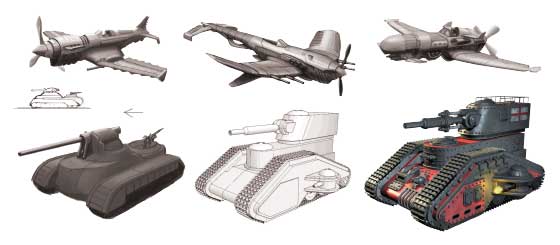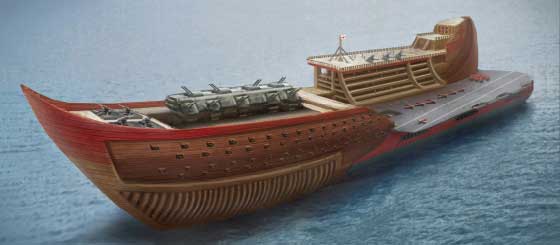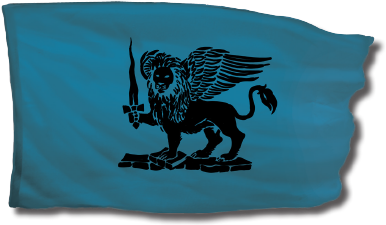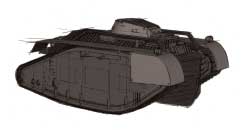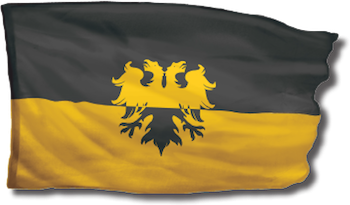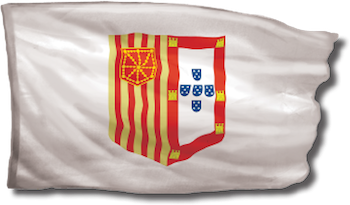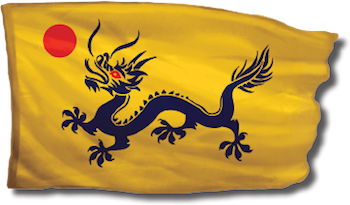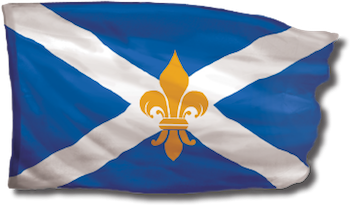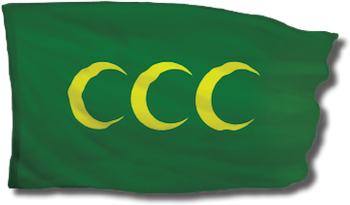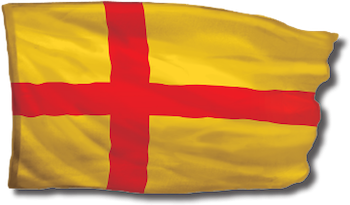|
For the better part of three hundred years, the Tudor Dynasty has kept its grip on the English Crown — which is no easy task. Amidst many wars and skirmishes with their European rivals, countless overseas conquests and colonial land-grabs, a de facto civil war, three assassination attempts (two of which were successful), natural disasters, plagues, and famine — not to mention the rise of an intellectual class capable of stirring the ill will of the masses against their rulers — the Tudors have endured long enough to take their place as the longest-ruling bloodline in the history of England.
And now, through a combination of brilliant military strategy, adept alliance building, and sheer force of will, England is poised to become the most dominant empire on the world stage.
|


